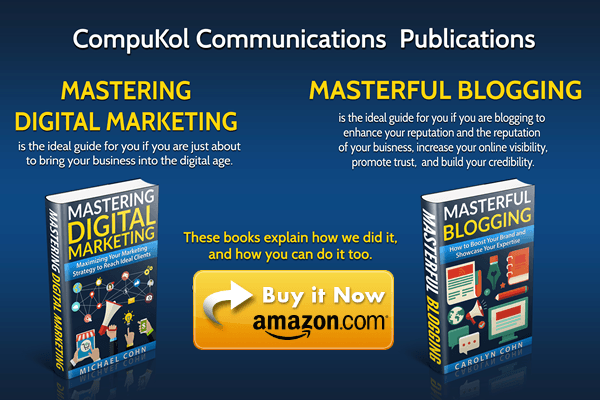Learning from and Leveraging Your Business Competitors

Whether you like it or not, you have competitors in business, just like everyone does. When you think about it, competitors serve a really important purpose in your business life. They keep you on your toes and they force you to be an even more effective business person than you already are.
Finding your competitors and learning from them
It has been said that a smart man learns from his mistakes but a wise man learns from other people’s mistakes. That concept can be applied to your competition as well. Your competitors have a great deal to offer you that will certainly benefit your business. Before you can do anything with regard to your competitors (and competitive intelligence), you need to figure out exactly who your competitors are and where they hang out.
You need to somehow identify your competitors or you will have a much more difficult time distinguishing yourself and your brand from everyone else out there. At this point, you are probably wondering exactly how you should go about finding your competitors and gathering that valuable information. Well, the approach that you should take is identifying, researching, and converting that information into what works for your particular business.
Finding your competitors
You may be feeling that finding your competitors requires a great deal of effort, time, and money. Well, that is not necessarily the case. Part of your process (or journey) of finding your competitors is figuring out who is in direct competition with you and who is competing with you indirectly. If you aren’t sure what the difference between those two is, there are some simple ways that you can tell.
-
Direct competitors: These competitors are the ones who do exactly what you do and sell exactly what you sell. If your customers happen to buy from your competitors as well as from you, they will evaluate both of you in exactly the same way. Most likely, they will choose to ultimately buy from one of you.
-
Indirect competitors: These are competitors who don’t sell the same products or services but occupy the same space online. Those indirect competitors have the ability to distract your clients and influence them into buying what they are selling in place of what you are selling. Those competitors may write similar content to what you are writing and if your prospective and existing clients read their content instead of yours (it is important to remember that many people are too busy to devote more than a few minutes on any content), that can potentially take business away from you.
Keep your direct and indirect competitors in mind at all times
At the beginning of your process of identifying your direct competitors, you will want to take a look at your offerings and their offerings before anything else. During that process, you will want to identify exactly how the two offerings are the same and how they are different. What would be most useful is if you can identify how your offerings are superior. That will give you a deep understanding of how to strategize for maximum results.
So, where do you start?
-
Market research: This is a logical place to start. Before you do anything else, you will want to see into what kind of environment you are entering your offerings. At the same time, you will want to take a close look at what other offerings are occupying that space as well. Identify those businesses that seem like your closest competitors and concentrate on gathering information from those businesses.
-
Gather as much good-quality feedback as possible: Your customers can really help with this one. Since your customers are loyal to your brand, you can ask them for feedback, which they will probably be more than happy to give you. They can also easily offer you valuable information about your competitors since they probably considered buying from them at some point.
-
Check out your online communities and circles: The fact is that most people gather the information that they consider valuable online. You can get a lot out of reading the discussions that your customers have with other people online. Read what they are saying about your competitors. You may be surprised at how much you can benefit from that information.
-
Look at keywords: That is a great way to determine who is indirectly competing with your business. Use the keywords and key phrases in your online search and watch which businesses appear at the top of the search engines. That is a really effective way to gather the information.
Conclusion
You should not feel threatened by your competitors. In fact, you should feel exactly the opposite. Your competitors have the power to supply you with extremely valuable information that you can use for the benefit of your business and for your brand. At the same time; however, you don’t want to underestimate your competitors because, if given the chance, they will do everything to romance your customers away from your business and over to their side. The competition presents itself in many different ways and forms. It is your job to recognize it when you see it and to make the most of it for your business and for your brand.
We are pleased to provide you with the insightful comments contained herein. For a complimentary assessment of your online presence, let’s have coffee.

|




